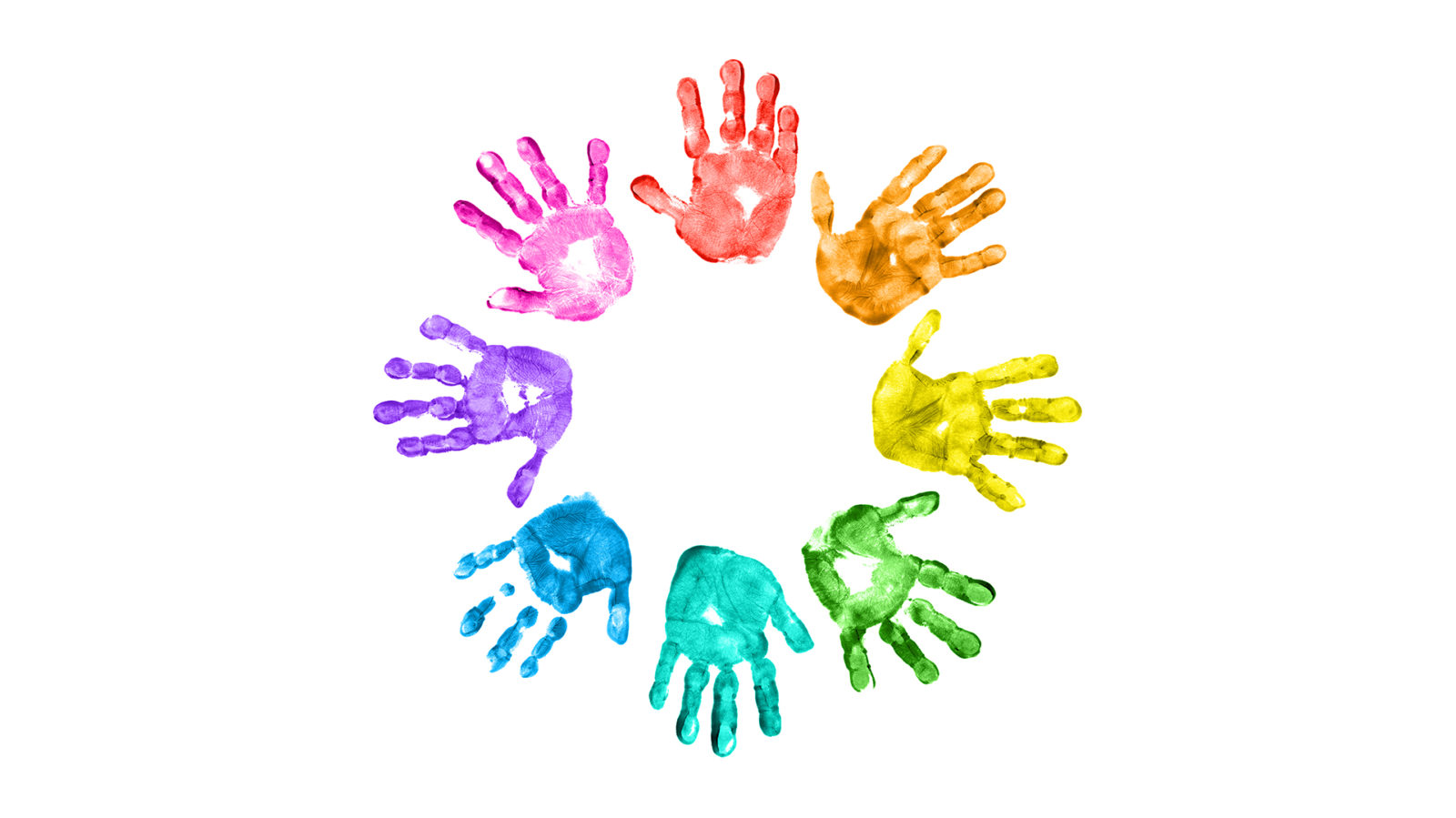When one of my daughters was around three years old, she made a special birthday card for her dad. She carefully selected a piece of coloured card—pink, of course, because she knew that was the best colour ever! She then took her scissors to some old magazines and cut out pictures to glue on the card. Only choosing the best and most interesting pictures, her card soon sported a pretty lamp, some teddy bears, flowers and a pink hair straightener!
It may come as no surprise that these were not in fact my husband’s favourite items. At three, my daughter had no grasp of the concept that other’s tastes might be different to hers. In her small mind, pretty pink things were what everyone loved, so what better things to decorate a card for her dad?
As we grow and learn we soon discover that not everyone thinks just like us. God made us all different and unique. Some of us think pink is just gorgeous, others may find it icky. Some love flowers and teddy bears, others prefer dirt bikes and tarantulas.
The Bible is clear that we should “do unto others as you would have them do unto you” (Luke 6:31).
Beyond childhood, we are unlikely to make the mistake of giving everyone birthday gifts in our favourite colour—but it’s easy to fall into the trap of assuming what someone else would want is the same as what we would want.
An extrovert may look at someone going through a bereavement and assume they want plenty of company—but what if that person is an introvert and just needs some space? Someone whose love language is physical touch may deduce that a person having a bad day just needs a good hug—but what if that person’s love language is words of affirmation and they just wanted someone to chat with and let them know it’s all OK? A person who is task-orientated may decide the best way to help their friend is to offer to clean their house, when in reality the friend would rather they just spent time with them. [pullquote]
I know I have fallen into this trap myself at times. It’s easy enough to do. And for all our good intentions, we aren’t going to get it right every time either. But it’s something I’m learning to think about. If I’m really not sure how best to help a person out, a good starting point is to ask. Open-ended questions aren’t always the best in this case—a friendly “how can I help you?” may often be answered with “oh nothing, I’m fine”. But what if we were more specific: “I know you’re having a tough time, would you like me to come around tomorrow and we can chat, or would you prefer to leave it for now?” or “I’m going for a walk this afternoon—how do you feel about coming along?” or “would you find it helpful if I came and mowed your lawn?”
Each of us has a unique way of sharing God’s love with others. I’m sure that’s the way He wants it. I’m happy to cook for others or take care of their children, but if you ask me to make phone calls I’ll probably hide!
I’m not saying we should ignore our God-given gifts, just that it helps to give some thought to how we apply them. I believe God wants us to truly think of others and give them the help that they need, not just the help we wish to give. This is a challenge for me and I hope it challenges you too.
Clare Ringrose is a member of Whangarei Church in New Zealand and full-time mum to four children.






